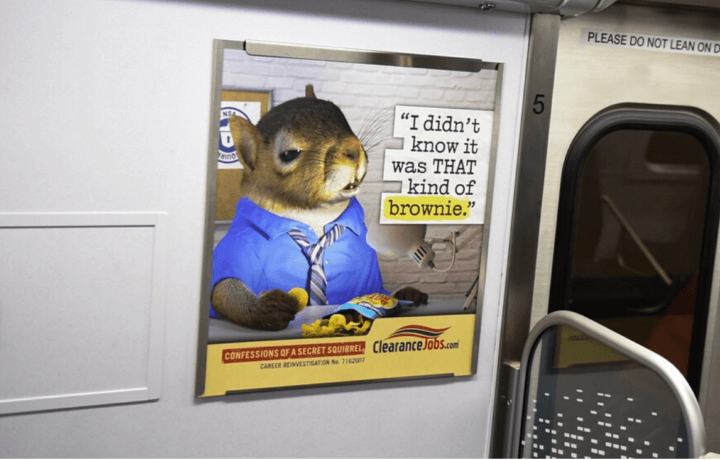Here’s your weekly DOHA dose – a shot of security clearance appeal cases and their outcome. The Defense Office of Hearings and Appeals releases the results of their security clearance appeals cases. They’re one of the best insights into which clearance cases are granted or denied in the Department of Defense.
True or False: Habitual drug use will always result in security clearance denial.
An applicant is initially denied a security clearance at age 46 and after nearly 20 years of regular marijuana use. He appeals the denial. Is his final clearance granted on appeal?
The individual in question was 46 years old, married with no children (yes, it is normal for DOHA cases to indicate an individual’s age and marital status. Why? Older applicants may be expected to know better, and applicants with a spouse may be more risky if it’s deemed they have something to hide). On his SF-86, he indicated that marijuana use began in college in 1991, and continued through the time when he was approached by his current employer about a position supporting the federal government in March of 2018. The length of marijuana use, and likely the perception that it had been given up only to obtain his current employment likely lead to the issuing of a Statement of Reasons to appeal the initial request for a security clearance.
Mitigating a lifetime of drug use
Twenty years of drug use is a lot of time to mitigate. Conventional wisdom may be that the pattern of behavior, including close relatives continuing to use the drug, would be a hurdle too high, and security clearance would be denied. In the appeal, the applicant applied a few specific strategies to improve his chances:
- Demonstrated multiple periods of abstinence in the past, ranging from a few months to almost two years.
- Notified individuals he knew who continued to use marijuana that they could not do so in his presence.
- Statements from two founding partners with his current company.
- Statements from former coworkers.
- Received an assessment from a licensed clinical social worker that he did not have a substance use disorder.
The security clearance process is based on the whole person concept. For the adjudicative criteria, there are mitigating factors that can help an individual to obtain a clearance despite negative reported information. For Guideline H, Drug Involvement, one of the mitigating factors is:
the individual acknowledges his or her drug involvement and substance misuse, provides evidence of actions taken to overcome this problem, and has established a pattern of abstinence
In this instance, even though the individual has habitually and continually used drugs, the actions taken to overcome the problem leave the government confident that the individual has the reliability and trustworthiness necessary to take care of classified information.
FALSE: Habitual drug use doesn’t mean clearance denial
The applicant in question was able to obtain a security clearance due to the proactive actions taken to mitigate prior drug use. The reality is the government does not care about drug use. They care about what drug use signifies about an individual’s ability to comply with the law and exercise self control and good judgment. The applicant clearly demonstrated that his desire to do the work and accomplish the mission was more important than his drug use. He blended personal accounts from supervisors and coworkers with licensed professional opinions from a substance abuse counselor.
If you have adverse information in your past – whether drug use or something else – an important aspect of proving your case is taking the steps to provide supporting information and documentation. If you want a clearance, you’ll have to work for it.




